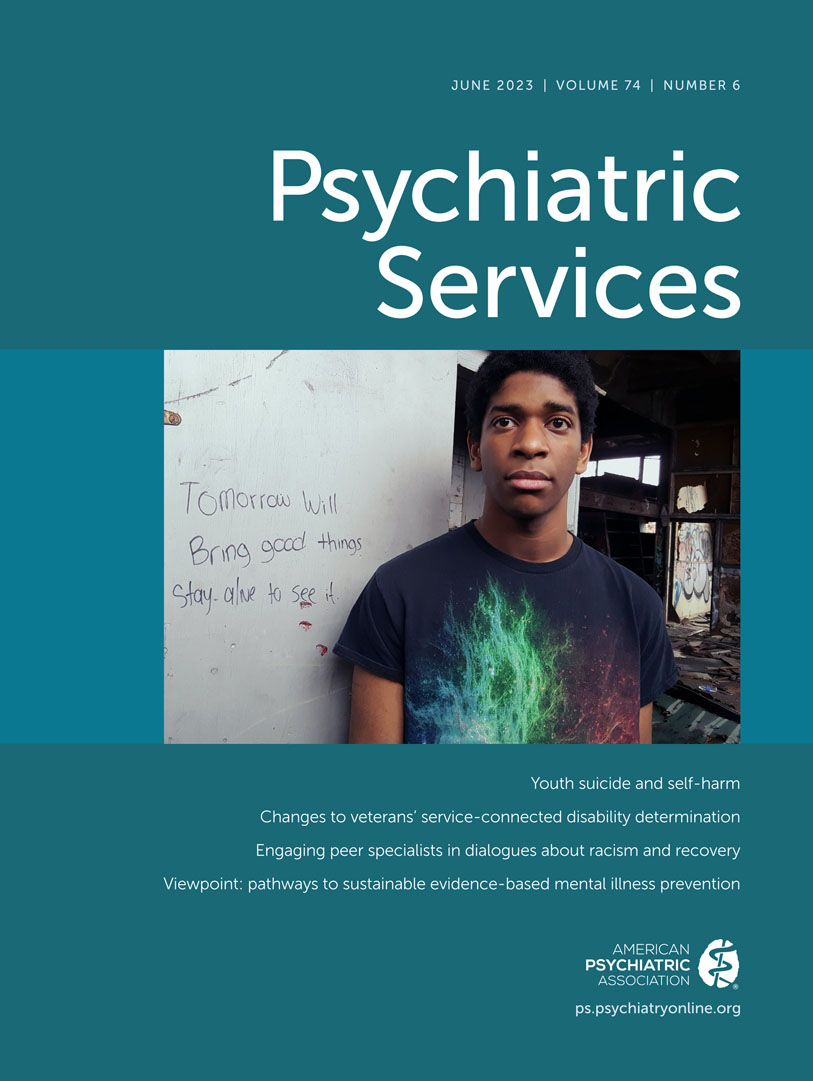Clinician Experiences With Telepsychiatry Collaborative Care for Posttraumatic Stress Disorder and Bipolar Disorder
Abstract
Objective:
Posttraumatic stress disorder (PTSD) and bipolar disorder are common in primary care. Evidence supports collaborative care in primary care settings to treat depression and anxiety, and recent studies have evaluated its effectiveness in treating complex conditions such as PTSD and bipolar disorder. This study aimed to examine how primary care clinicians experience collaborative care for patients with these more complex psychiatric disorders.
Methods:
The authors conducted semistructured interviews with 22 primary care clinicians participating in a pragmatic trial that included telepsychiatry collaborative care (TCC) to treat patients with PTSD or bipolar disorder in rural or underserved areas. Analysis utilized a constant comparative method to identify recurring themes.
Results:
Clinicians reported that TCC improved their confidence in managing medications for patients with PTSD or bipolar disorder and supported their ongoing learning and skill development. Clinicians also reported improvements in patient engagement in care. Care managers were crucial to realizing these benefits by fostering communication within the clinical team while engaging patients through regular outreach. Clinicians valued TCC because it included and supported them in improving the care of patients’ mental health conditions, which opened opportunities for clinicians to enhance care and address co-occurring general medical conditions. Overall, benefits of the TCC model outweighed its minimal burdens.
Conclusions:
Clinicians found that TCC supported their care of patients with PTSD or bipolar disorder. This approach has the potential to extend the reach of specialty mental health care and to support primary care clinicians treating patients with these more complex psychiatric disorders.
Access content
To read the fulltext, please use one of the options below to sign in or purchase access.- Personal login
- Institutional Login
- Sign in via OpenAthens
- Register for access
-
Please login/register if you wish to pair your device and check access availability.
Not a subscriber?
PsychiatryOnline subscription options offer access to the DSM-5 library, books, journals, CME, and patient resources. This all-in-one virtual library provides psychiatrists and mental health professionals with key resources for diagnosis, treatment, research, and professional development.
Need more help? PsychiatryOnline Customer Service may be reached by emailing [email protected] or by calling 800-368-5777 (in the U.S.) or 703-907-7322 (outside the U.S.).



